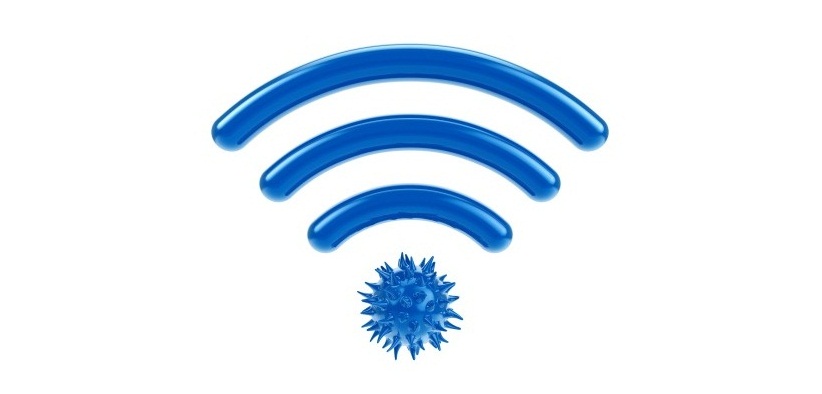

Nearly half (47 percent) of British organisations ban their employees from using free Wi-Fi hotspots because of the associated security risks, according to research conducted by iPass, a figure which rises to 62 percent across the UK, US, France and Germany.
It is expected that the number of public hotspots in the UK will rise to 14 million by 2018, as more retailers, local authorities and other businesses add connectivity, while BT and other providers continue their rollout of access points.
While many of these public access points have security safeguards in place, many are unprotected or susceptible to vulnerabilities that could see hackers steal personal or corporate information, or gain access to a device.
However while 37 percent believe free Wi-Fi to the “biggest” threat to a mobile workforce, 36 percent said their own employees were the greatest fear and 27 said the devices themselves posed the most serious risk.
“Wi-Fi is a disruptive technology that has changed the way people work, but in recent times it has also introduced formidable mobile security concerns,” said Keith Waldorf, vice president of engineering at iPass. “Being connected is the basic requirement of every mobile worker. However, with increasing numbers of businesses falling afoul to security breaches, the number of organizations expressing a concern about mobile security is high.
“The use of free and insecure Wi-Fi hotspots in particular is a growing concern, as organizations balance the need for low-cost and convenient connectivity against the potential threat posed by hackers.”
Nine tenths of respondents said they were concerned about the challenges of a mobile workforce and 88 percent admitted they struggled to regularly enforce a safe use policy. Many use VPNs in an attempt to improve matters, but only a quarter had faith their employees would use these all the time when accessing sensitive assets.
However just as IT departments have been accused in the past of just banning things rather than working around them, iPass said the outright prohibition of free Wi-Fi was too severe. After all, the rise of mobile device management (MDM) and Bring Your Own Device (BYOD) policies means the days of corporately-imposed mobile phones are long gone.
“The fact is, mobile workers will seek out free Wi-Fi connectivity for its convenience, despite its security flaws,” added Waldorf. “Simply banning access to free Wi-Fi hotspots is a heavy-handed approach and is not the solution. In today’s ‘Wi-Fi’-first’ world, it is imperative that organisations educate their mobile workers about the dangers of insecure free Wi-Fi, and equip them with the requisite tools to access a secure internet connection and remain productive.”
iPass does not own any hotspots itself and instead agrees partnerships with various providers to offer businesses a single log-in and billing service that promises to make it easier and cheaper to use wireless Internet services around the world.
Last year it integrated Devicescape’s 20 million curated access points into its network, bringing its total footprint to 50 million, or two thirds of the world’s public hotspots.
Are you acquainted with Wi-Fi ? Try our quiz!
Federal office that tackled misinformation and disinformation from hostile nations is closed down, after criticism…
After Nvidia admits it will take $5.5 billion charge as Trump export limits of slower…
Trump continues to target his former CISA head, signing a new executive order targetting Chris…
Two Chinese retailers warn customers in America that prices will increase next week, as Trump's…
Engineer Cristina Balan wins latest round in her long-running defamation claim against Elon Musk's EV…
Nvidia to partner with TSMC, Foxconn, Wistron, Amkor and SPIL to build $500 billion (£377…